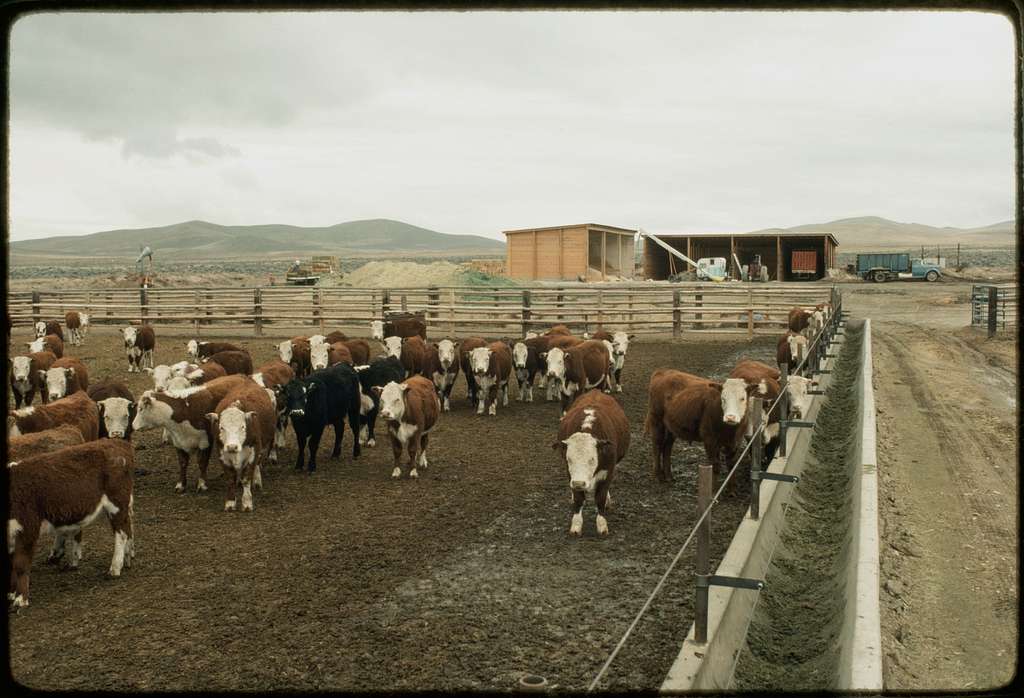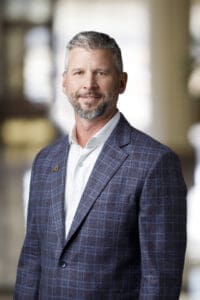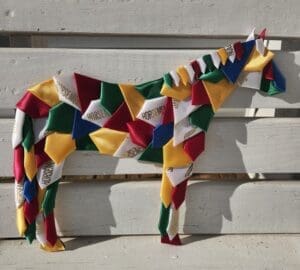Mary Beth Day, a former Kansas State University researcher, recently provided an update on her work regarding sustainability in the beef industry. Day, who is set to begin her new position as an assistant professor at Texas A&M AgriLife, discussed her research on greenhouse gas emissions in feed yards.
In collaboration with Dr. Ted Schroeder and Dr. Dave Rinter, Day examined management practices like reducing mortality rates and using growth implants in feed yards. Her research aligns with the U.S. Roundtable for Sustainable Beef’s goal to reduce greenhouse gas emissions in the feedlot sector by 10% per pound of beef produced by 2030.
Day’s findings showed that these practices not only reduce emissions intensity but also improve net returns, making them both environmentally and economically beneficial. However, she emphasized that the effectiveness of these strategies may vary depending on each operation, underscoring the importance of economic analysis in determining sustainability practices.
The discussion also touched on how making cattle more efficient in feed yards can reduce their carbon footprint, contributing to sustainability goals in the beef industry.













